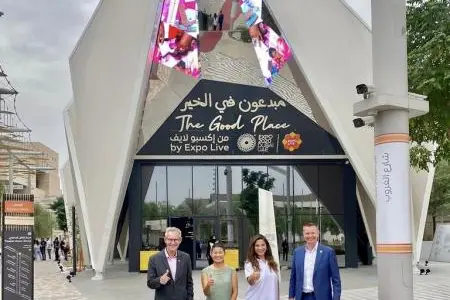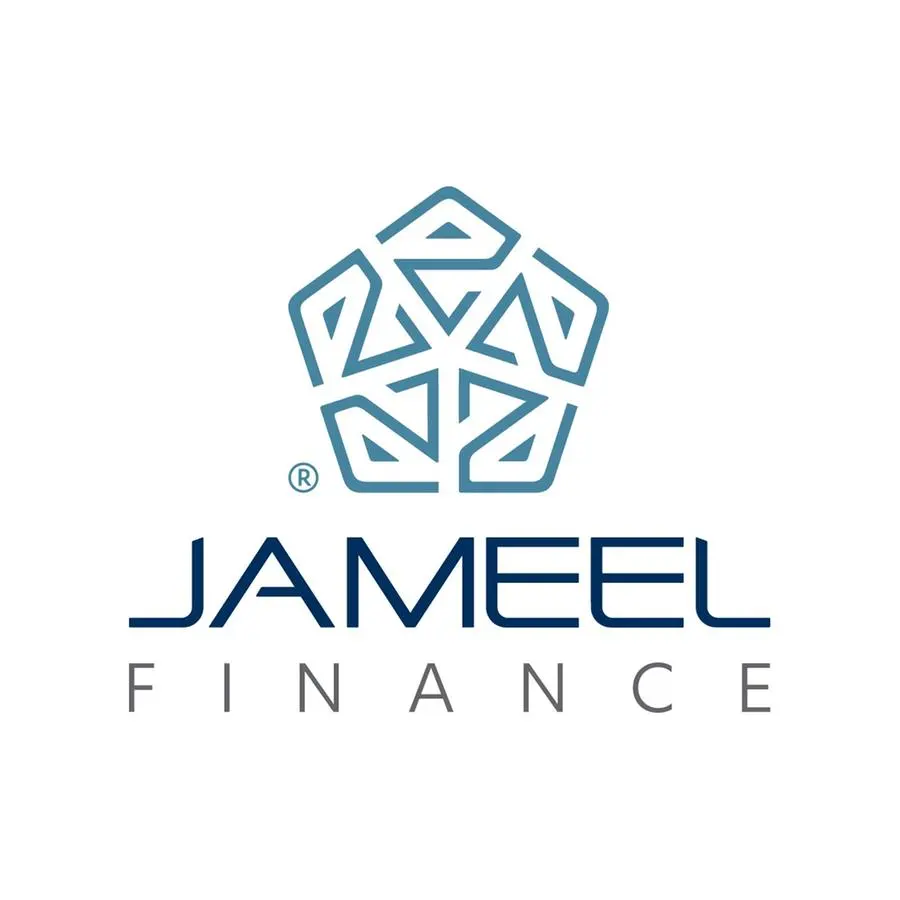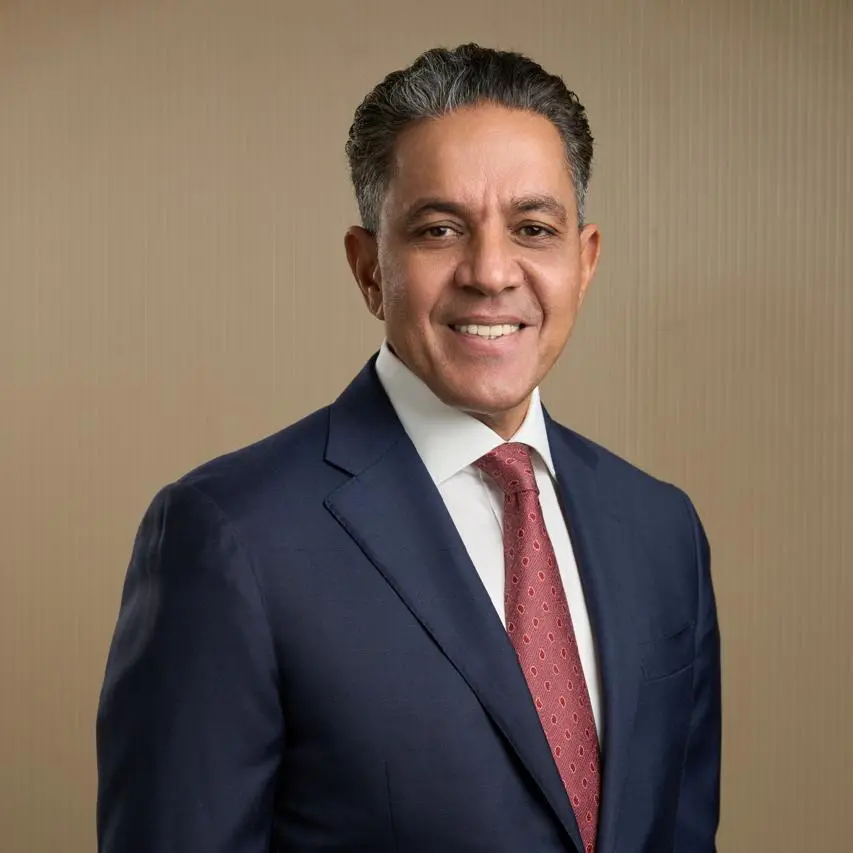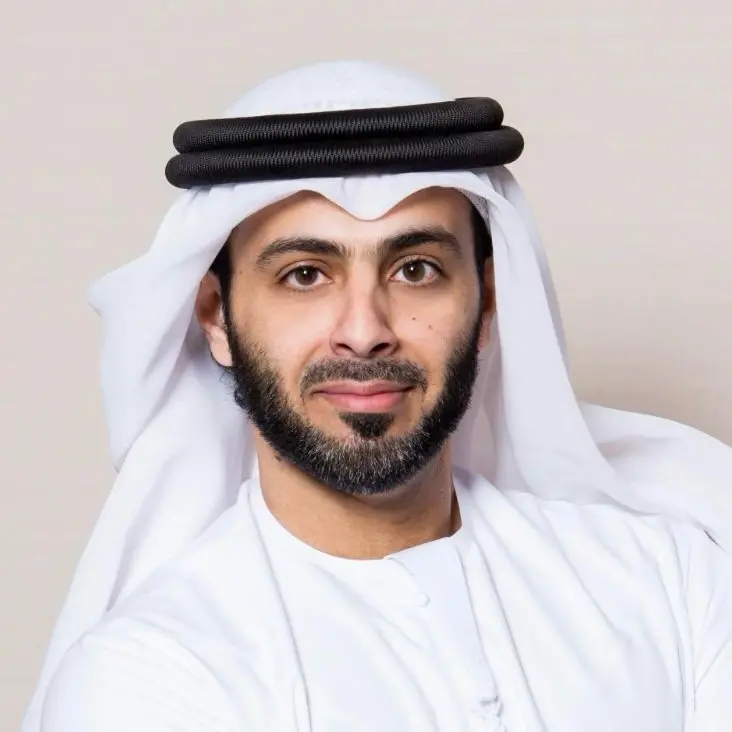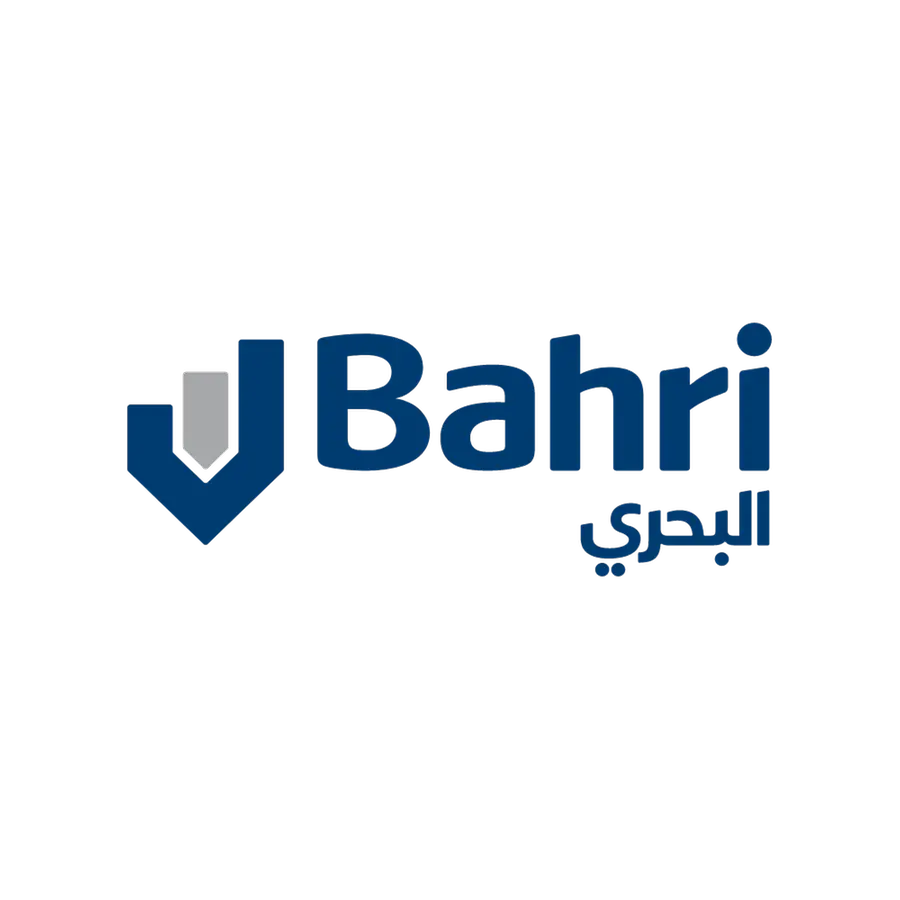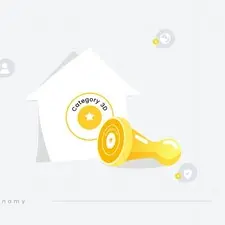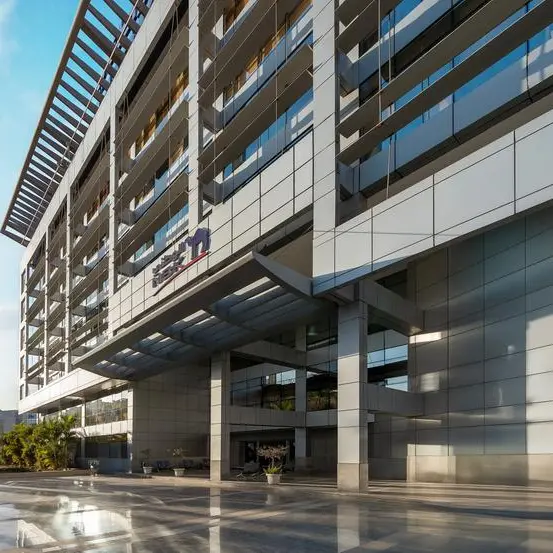PHOTO
Expo 2020 Climate and Biodiversity Week, October 3 to 9, stood out as a beacon of hope, inspiring global action to protect our planet. The beacon shines from The Good Place Pavilion by Expo Live, bringing together 142 Global Innovators from 76 countries who focus on innovative solutions to global challenges. Desert Control, a Norwegian climate-tech company developing solutions to stop and reverse desertification, is one of the Global Innovators who foster hope for continued prosperity for nature, people, and planet.
The Middle East is at the frontline in the battle against desertification and water scarcity, and solutions from the region can lead the world towards a food-secure, carbon net-zero, biodiversity-rich, and sustainable future.
Agriculture, preserving nature, and maintaining green ecosystems in the Middle East is challenging due to scarcity of water and limited arable land. Being at the frontline combating these global challenges drives innovation with a sense of urgency that will benefit our entire world.
Twelve million hectares of fertile land perish to desertification annually, and more than 20% of the earth's fertile land is already lost. According to the United Nations, the world's remaining topsoil will be gone in less than 60 years if the current pace of desertification continues. Fertile topsoil is vital for nearly everything we eat, and a global population heading towards 10 billion will need more food in the next 40 years than was produced over the last 500 years combined. Growing more food also requires more water, and agriculture already consumes more than 70% of all available freshwater on earth. Water use, however, keeps rising due to increasing droughts, soil degradation, and desertification. And as more soil turns to sand, even more water will be needed to grow our food.
Desert Control has developed a solution to combat these challenges. The innovation is a liquid natural clay that can stop and reverse desertification and reduce water usage for agriculture, forests, and green landscapes. The company is a spinoff from the Norwegian oil and gas industry, and their idea was inspired by the Middle East.
The Nile delta used to be green and fertile, but after building the Aswan dam in the 1960s, the region started suffering desertification. Vast amounts of clay and silt, enriching and protecting the land, used to be carried by the river.
Scientists discovered that the Aswan dam caused desertification by blocking this vital stream of minerals; this kicked off research to develop techniques for applying clay to desert sand. Mixing clay into the ground, however, proved very difficult. Desert Control, therefore, invented a process to turn clay into a liquid compound nearly as thin as water.
Liquid natural clay can be sprayed directly onto the ground, and gravity will pull the compound down into the soil.
Sticking to each grain of sand, it creates a soil structure (even in desert sand) that retains water just like a sponge. One application of liquid natural clay lasts for 3-5 years. Water savings take effect immediately, and the cost savings from reduced water usage will pay for the liquid natural clay in less than 18 months. The process can turn degraded soil and deserts into fertile arable land. Studies conducted by International Center for Biosaline Agriculture (ICBA) in Dubai documented up to 50% water savings, improved soil health, and better crop yields.
Healthy soil is the foundation for our planet's biodiversity. Restoring the world's degraded soils can further offset 6 gigatons of CO2 annually. Halting soil degradation causing deforestation and enabling sustainable reforestation can add another 8 gigatons. Collectively this represents 57% of the emission reductions required to reach the 2DS target of the Paris agreement and a giant leap towards a carbon net-zero and sustainable future.
Desert Control has been developing the solution and conducting field studies in the United Arab Emirates since 2018.
In April 2021, the company completed a successful IPO and is now at the inflection point between "start-up" and "scale-up" with UAE as the global launchpad. In a partnership between Desert Control, Mawarid, and Barari Natural Resources in Abu Dhabi, initiatives to strengthen food security, restore biodiversity, and protect nature are making progress. Starting in the UAE, the ambition is to expand across the Middle East and North Africa region.
Farmers, landowners, and governments in more than 110 countries experience increasing water scarcity, loss of vital topsoil, and desertification. Combating these challenges may seem overwhelming, but solutions and partnerships developing at the forefront of this battle, right here in the Middle East, inspires hope that we can overcome even the greatest threats to life on earth
© Press Release 2021
Disclaimer: The contents of this press release was provided from an external third party provider. This website is not responsible for, and does not control, such external content. This content is provided on an “as is” and “as available” basis and has not been edited in any way. Neither this website nor our affiliates guarantee the accuracy of or endorse the views or opinions expressed in this press release.
The press release is provided for informational purposes only. The content does not provide tax, legal or investment advice or opinion regarding the suitability, value or profitability of any particular security, portfolio or investment strategy. Neither this website nor our affiliates shall be liable for any errors or inaccuracies in the content, or for any actions taken by you in reliance thereon. You expressly agree that your use of the information within this article is at your sole risk.
To the fullest extent permitted by applicable law, this website, its parent company, its subsidiaries, its affiliates and the respective shareholders, directors, officers, employees, agents, advertisers, content providers and licensors will not be liable (jointly or severally) to you for any direct, indirect, consequential, special, incidental, punitive or exemplary damages, including without limitation, lost profits, lost savings and lost revenues, whether in negligence, tort, contract or any other theory of liability, even if the parties have been advised of the possibility or could have foreseen any such damages.
